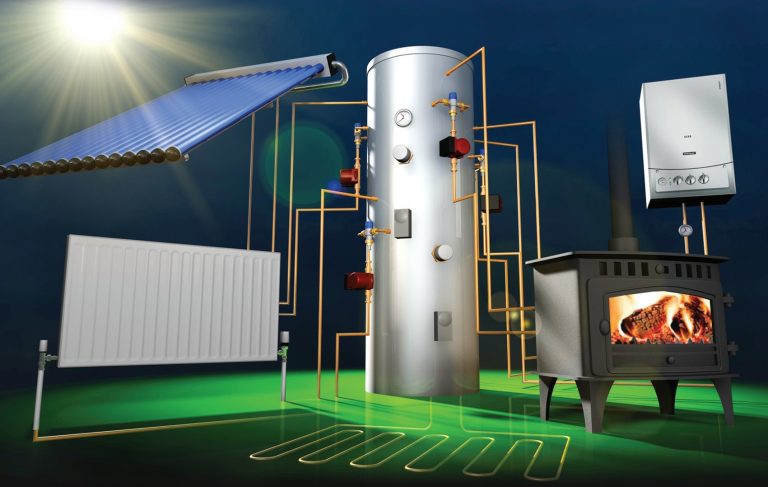In a world which is increasingly dependent on electrotechnology, the unsung heroes who keep us switched on had their moment in the spotlight last week (October 12) at a ceremony hosted by SELECT, Scotland’s largest trade association. Electrical professionals from companies large and small, and from every part of the country, gathered in Glasgow to submit themselves to the critical judgement of their peers – and emerge as winners. The accolades awarded by SELECT, the campaigning body for the electrotechnical trade in Scotland, had a special relevance in 2018, a year in which sector’s campaign for recognition of qualified electricians gained real traction. And they reflected not only the vital role of electricians in today’s interconnected world but also the verve and flair which SELECT member companies bring to activities such as marketing, safety, training and a host of other aspects of the sector. This year also saw new award categories, including Best Medium and Best Large Contractor. Darrell Matthews, SELECT’s MD said: “This has been an extraordinary period of activity for the sector, in which the Scottish government has been investigating the benefits of protection of title for electrical professionals. “SELECT has also established a dedicated Training Department which will take its training and skills offering to a new level. “The entries for the awards this year were in tune with the new levels of excitement in the electrical industry, which we feel is entering a transformational period backed by forward-thinking, innovative companies and individuals.” As an example of the growth the sector has experienced, the new Best Large Contractor award went to Edinburgh-based M-PACT Building Services Ltd – a company which, only a few years ago, had won an award as Best Small Contractor. Darrell Matthews said: “M-PACT is an outstanding example of the larger firms in the SELECT member portfolio who not only create jobs and opportunities but which also display a vision and ambition which means that, for them, the sky’s the limit.” Other awards were: Apprentice of the Year, won by Blair Hendry, who works with Fife Council. Wholesaler Apprentice of the Year, a category introduced just last year, won by Stephanie Thomson, who works with Stearn in Glasgow. Best Small Contractor, won by Newton Stewart electrical company ATD Electrical Services. Best Medium Contractor, won by Kenneth Ferguson Electrical Contractor from Connel, a small village on Scotland’s West Coast. Best New Product, won by Worcestershire-based ESP, for its smart security system. Best Delivery of Customer Service, won by Invincible Fire and Security of Ardrossan. Best Visual Promotion, won by Servest Arthur McKay, from Loanhead, near Edinburgh. Best Electrical Safety Product, won by Annan firm Select Electrical and Mechanical Services. A Lifetime Achievement Award, sponsored by Schneider Electric, was made to David Smith, Past President of SELECT, a current Central Board Member and one of the outstanding figures in the Scottish electrical industry. Mr Matthews said: “David has taken a keen interest in the sector but is perhaps most associated with training and the development of skills, having played a major role in a number of Scottish and UK organisations over the years. “He carries out his work in a professional and diligent manner, never forgetting the part that employers play in developing the skills and talents of the workforce.” The evening was hosted by Shereen Nanjiani, one of Scotland’s most popular radio and television personalities. SELECT’s 1250 member companies account for around 90% of all electrical installation work carried out in Scotland. They have a collective turnover of around £1 billion. The organisation helps to shape the market environment by representing the industry to all levels of government and helps influence legislation to create industry conditions which enable member firms to provide a quality service and maintain profitability. For more information please contact Alan Wilson, Head of Membership and Communications at SELECT, the Electrical Contractors’ Association of Scotland, The Walled Garden, Bush Estate, Midlothian, EH26 0SB. T: 0131 445 5577. E: admin@select.org.uk. W: www.select.org.uk Twitter: http://twitter.com/updates_select














